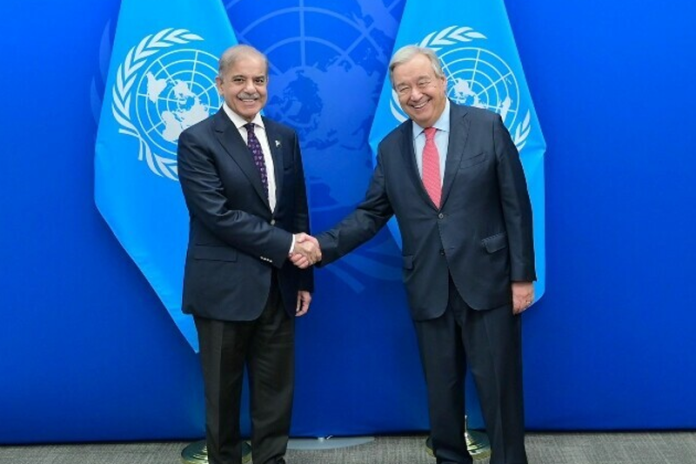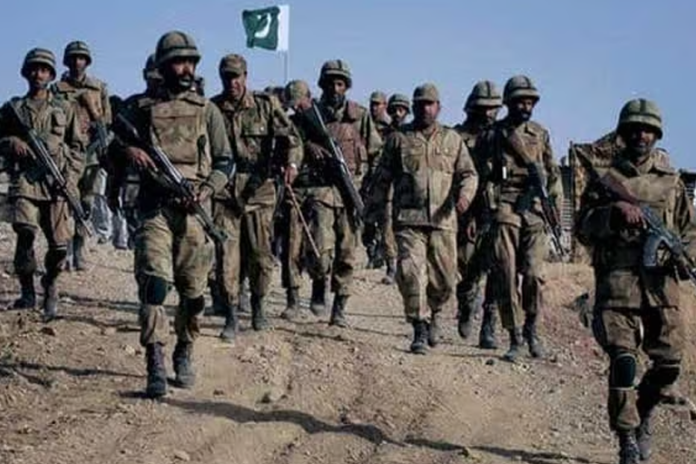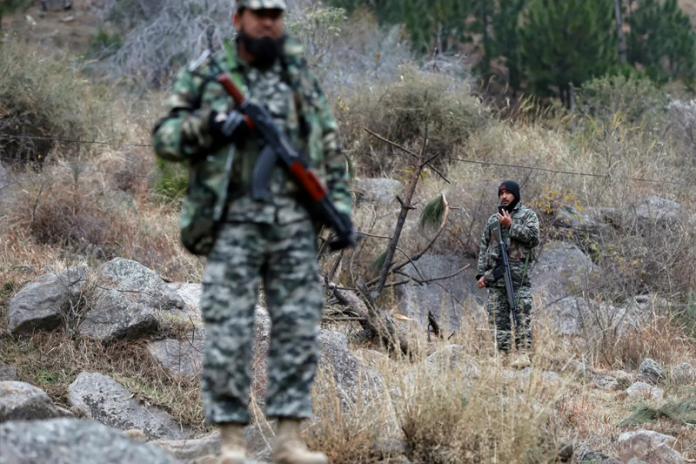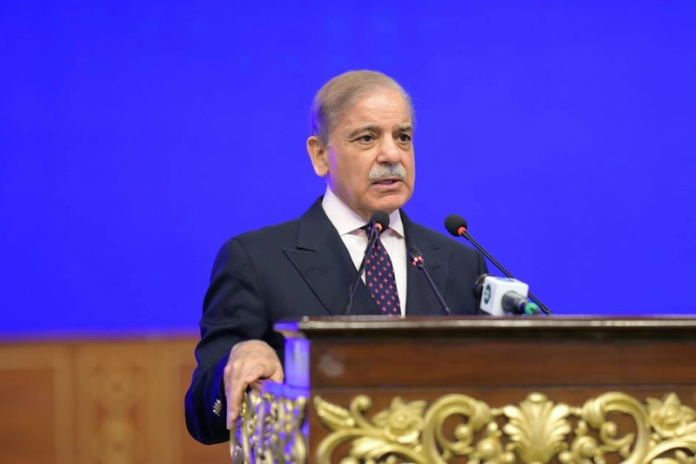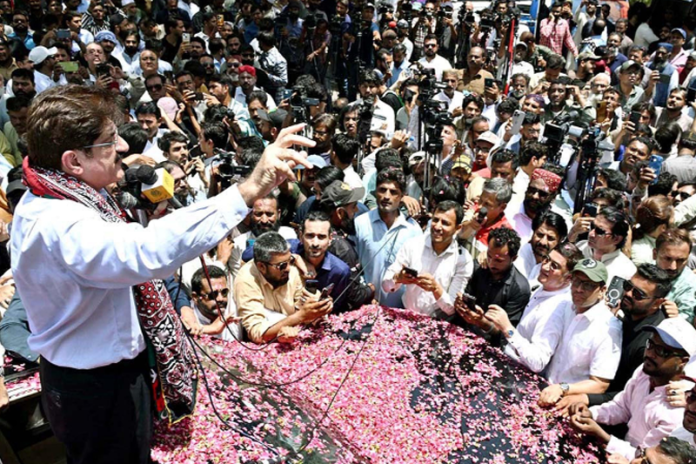Will 'Dar-economics' rectify our ailing economy?
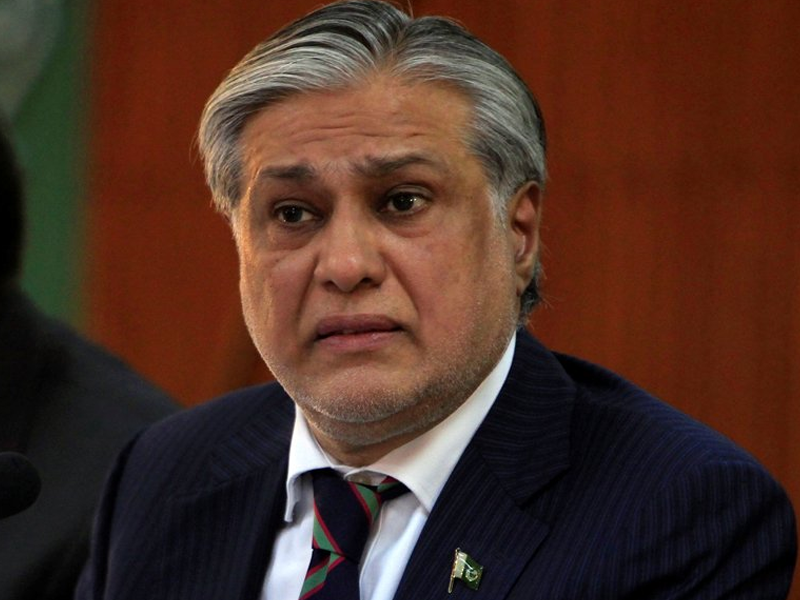
- 379
- 0
Though a lot of expectations are being pinned on Mr Ishaq Dar to rectify the country's ailing economy, particularly to control the free fall of Pak currency against US dollar, but the ground realities are very complexed and one is not sure how Mr Dar will come to terms with the gigantic requirements of the situation.
There is no denying that Ishaq Dar is a seasoned financial experts and during his previous tenures as Finance Minister, his strategy to contain;s rupees free-fall against Dollar has also borne fruit, but this time the situation is very different. That's why noting can said with sureity. His return as finance minister is welcomed but it remains to be seen what strategy he has in pipeline regarding fixed exchange rate which is need of the hour. In his previous tenure, Mr Dar with the help of SBP, had made dollars easily available in the market by supplying a large amount of dollars in the open market so that the rupee's devaluation can be prevented. He had also succeeded in his efforts to some extent. But right now, we have not many dollars to pump them out in the market, so something new needs to be done.
Meanwhile, financial experts say that though it was highly expected that after the approval of IMF bailout and transfer of dollars into our accounts, the rupee will strengthen again US dollar, but that is not the case in real sense of the word. The rupees gain US one day, but the very next day, its free-fall starts again. Initially the Pak rupee gained some strength after the IMF agreement but after few days, it was again on the losing streak and the local currency fell substantially in the post-IMF bailout. It was expected that Pak rupee will gain at least 20 against one US dollar after the IMF tranche but that did not happen which is a matter of concern. The local currency has fallen by a substantial amount since Sept 3. This losing streak is contributed to a number of factors like the expected rise in import bill in the wake of floods devastations in the country.
On the other hand, the friendly countries had pledged to help us financially after the IMF tranche arrives in our deposits but they did not kept their promises as yet and it remains to be seen how the country comes to term with the situation arising out of the commitment not fulfilled by the friendly states.
The ongoing political instability in the country and our whopping foreign loans burden which are going beyond our capacity to pay back have driven the friendly countries on back foot and they seem to be hesitant to provide finances any more as they fear that our country is not in a position to pay back the same. The current IMF aid stands at $1.16bn but financial experts term it inadequate to turn around the destiny of the rupee which has suffered a lot during the last few years.
And it seems that the local currency will remain under pressure in times to come unless a miracle happens. As a matter of fact, experts say that we have only delayed the default by getting the IMF bailout but it does not mean that we are out of the financial woes. In fact, after some time, the issue will be there and we will be facing a default-like situation in near future as well. Just imagine, we require $40 billion in payment for the international dues in the current fiscal year, but the availability is not clear and it seems the government could not arrange for the repayment and resultantly the financial woes will continue to multiply.
The government ban on some imports also could not solve the issue of foreign exchange reserves as now the some unscrupulous traders have turned to smuggling of the same goods through Afghan Transit Trade and as such the national exchequer is facing huge losses due to smuggling of goods through this illegal channel. Since the mode of payment for smuggled goods payment is in cash so the demand for dollar is rising and the rupee's value is shrinking further.
On the other hand, our main cash crop i.e., cotton has been damaged by flash floods which has also caused huge losses to the national exchequer as cotton is our main source of foreign reserves due to its export's quality. One more fact is the extremely low interest on foreign currency accounts due to which we are not attracting new FCY deposits, so the issue is multi-dimensional and it cannot be viewed and solved in isolations.
Meanwhile, the floods have starting taking toll on our economy and recent reports say that the country will see a decrease in growth of GDP badly which can be gauged from the figure i.e. from five per cent to three per cent which will further fuel the crisis. Thousands of houses, livestock, animals, and standing crops have been washed away by the flash floods. Infrastructure has been badly damaged in the form of bridges, railway tracks, roads and small dams as well.
According to the National Disaster Management Authority, an estimated 1.7 million homes have been washed away by floods, while over 6,600kms long roads, highways and 269 bridges, small dams and lakes infrastructures has been destroyed. The current flash floods are more severe in nature and they have affected almost all the provinces from Gilgit to KPK, Punjab, Balochistan and Sindh. The current floods devastation are unprecedented in nature as compared to 2010 floods which had affected 20 million people but this time over 34 million people are affected by the current floods while the devastations are still going on in Sindh.
The recent flash floods are more severe in nature and they have affected almost all the provinces from Gilgit to KPK, Punjab, Balochistan and Sindh provinces. Our economy is going nose-dive and the rupee is going to further depreciate unless drastic help arrives from abroad.
On the other hand, the relief aid and assistance promised by friendly countries is yet to arrive and one hopes it is dispatched at the earliest before the advent of cold weather.
Published in The Daily National Courier, September, 30 2022
Like Business on Facebook, follow @DailyNCourier on Twitter to stay informed and join in the conversation.


